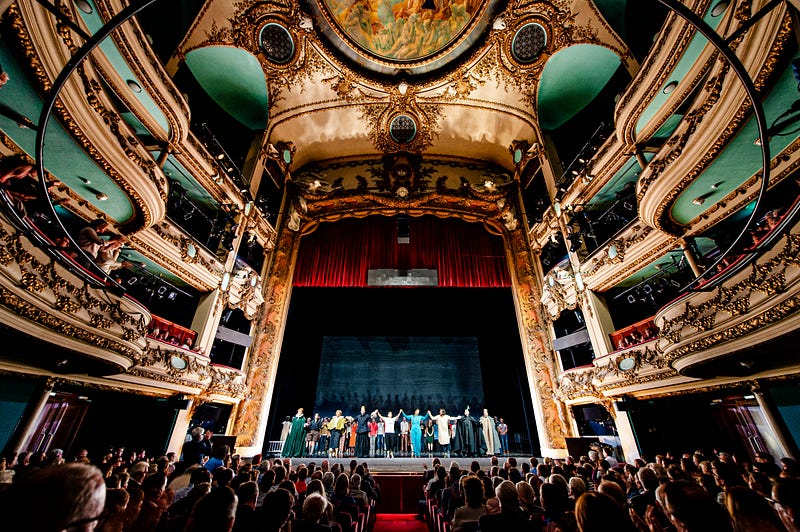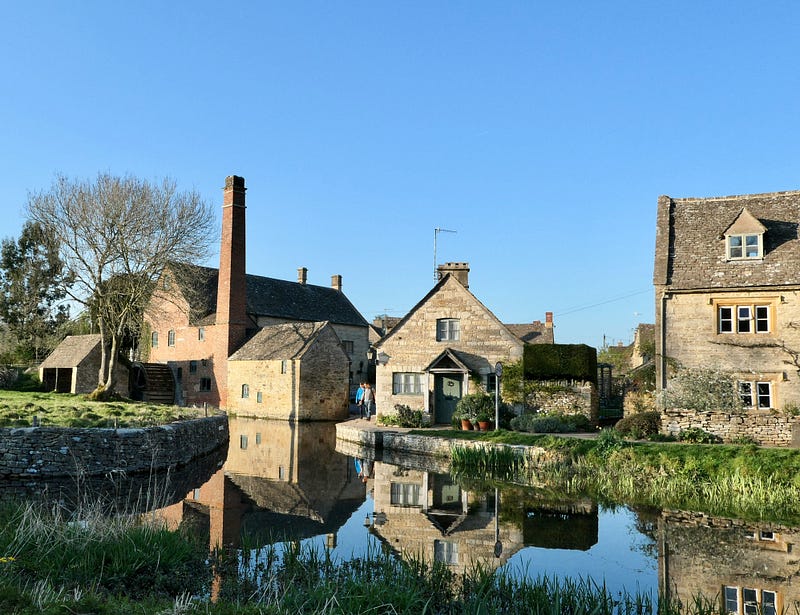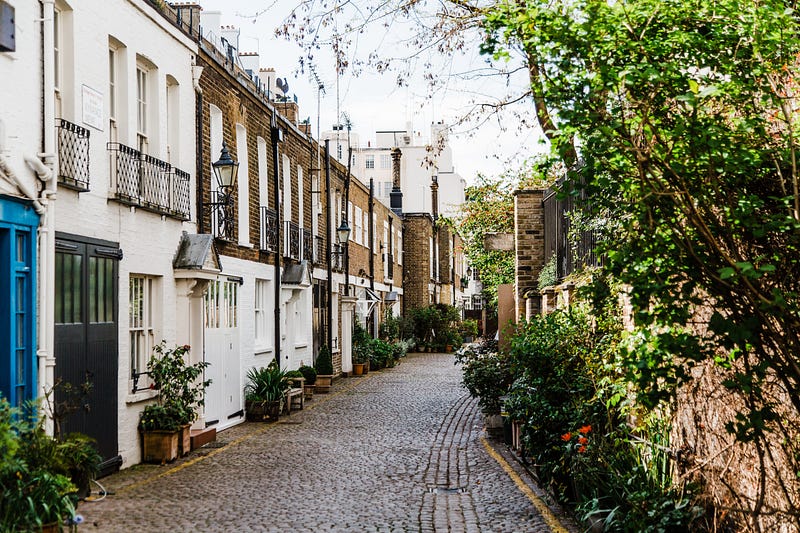A Discussion of Oliver DeMille’s 1913 Chapter 6 “The Founding of Freedom in Modern Times” Oliver DeMille shifts his focus from the first five chapters where he laid out how we broke the founders’ design to an exploration of how we can fix things. He cites economist Murray Rothbard’s observation that you…
Tag: Culture

Peter Pan Bohemians Think They Know Best How We Should Live
A Discussion of Bourgeois Equality Chapter 64 “Anticonsumerism and Pro-Bohemianism were Fruits of the Antibetterment Reaction” Last chapter, Dr. McCloskey described two alternative deals the clerisy preferred as alternatives to the Bourgeois Deal. The Bolshevik Deal represents attempts at Communism as in the former Soviet Union, and the Bismarckian Deal lives on…

Radical Reformation of Church Governance Contributed to the Bourgeois Revaluation
A Discussion of Bourgeois Equality Chapter 39 “‘Democratic’ Church Governance Emboldened People” Dr. McCloskey continues her exploration of what led to a cultural shift away from esteeming hierarchy and towards esteeming the individual because it is that shift that enables the Great Enrichment she is trying to explain. She focuses…

Progress was not Inevitable or Predictable
A Discussion of Bourgeois Equality Chapter 38 “The Causes were Local, Temporary, and Unpredictable” People have a tendency to explain how we got where we are in history as if it was an inevitable process, but in this chapter, Dr. McCloskey is advancing the idea the cultural changes that allowed…

The Relative Tolerance of Holland
A Discussion of Bourgeois Equality Chapter 37 “For Instance, Holland Was Tolerant, and Not for Prudence Only” In this chapter, Dr. McCloskey is wrapping up her discussion of the Dutch embrace of the bourgeois virtues by focusing on what impact it had on their relatively higher level of tolerance. To get…

Accounting Was Sooo Bourgeois
A Discussion of Bourgeois Equality Chapter 34 “Aristocratic England, For Example, Scorned Measurement” Dr. McCloskey continues exploring the cultural mindset of the Elizabethan era of England in this chapter to demonstrate it did not embrace measurement, which is foundational to the launch of the Great Enrichment in the eighteenth century….

Elizabethan England Esteemed Elites
A Discussion of Bourgeois Equality Chapter 33 “As Did Elizabethan England Generally” Dr. McCloskey is continuing on with the thesis of last chapter, offering examples of Elizabethan writers other than Shakespeare, who valued hierarchy over the disruptive bourgeois virtues that will allow the trade tested betterment system to take off…

A Sociological Shift, Not a Psychological Change
A Discussion of Bourgeois Equality Chapter 29 “The Bourgeoisie Loved Measurement” and Chapter 30 “The Change Was in Social Habits of the Lip, Not in Psychology” We continue Dr. McCloskey’s dive into why the Great Enrichment occurred when it did because the stories we tell ourselves shape the world of…

Bourgeois Revaluation Raises, if not Praises, the Merchants
A Discussion of Bourgeois Equality Chapter 28 “The Bourgeois Revaluation Becomes a Commonplace, as in the London Merchant” Dr. McCloskey continues to build her argument that a respect for the bourgeoisie is building in 1700s England, which will allow the Great Enrichment to flourish a century later. She calls this change in…

